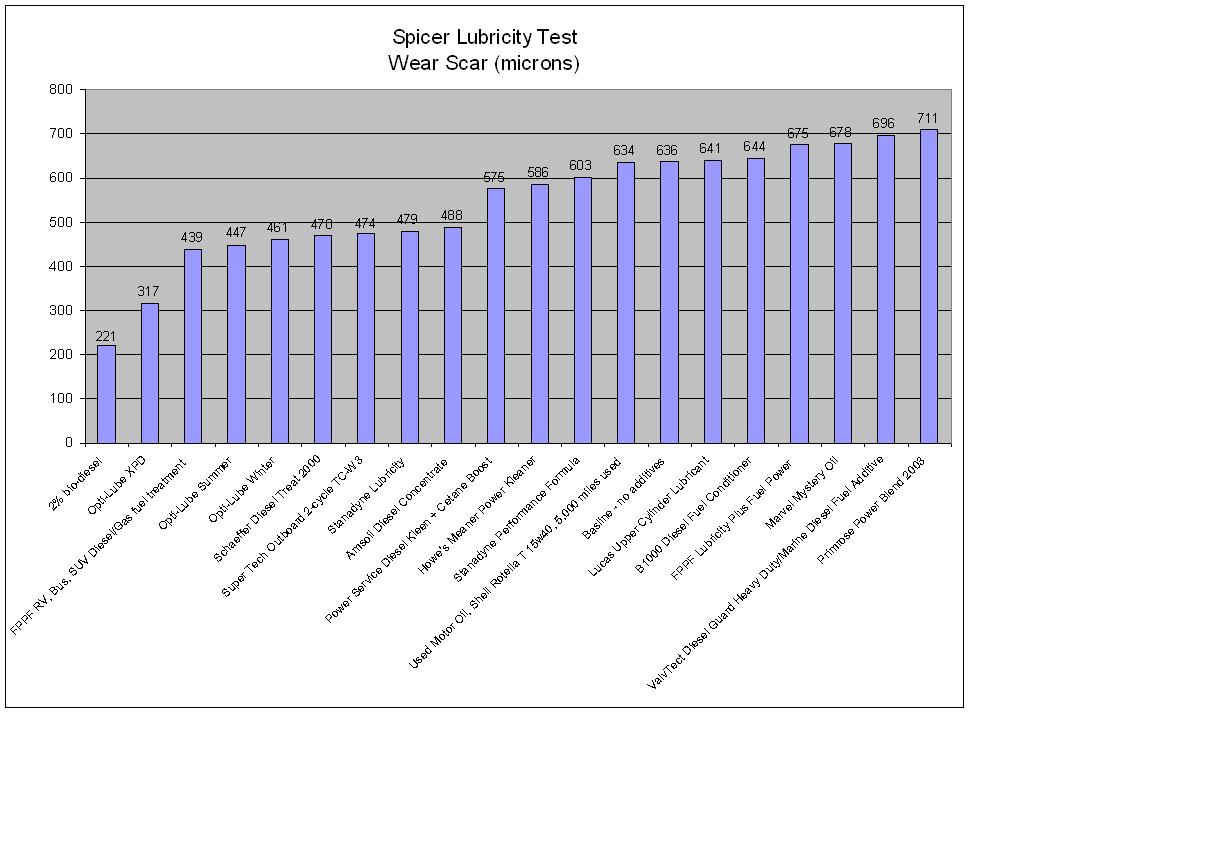O.K. I've come here to find conclusive proof since that's what this site is suppose to be about.
Will 2 stroke oil added to diesel in a high pressure (25,000 psi) system such as that in a dodge cummins cp3 or chevy duramax cp3 injection system harm any component within that injection system?
Will it harm the cp3, injectors, fuel rail, sensors.
Will the combustion process in a high compression ratio engine affect burn characteristics or produce any harmful effects within the combustion chamber?
I want proof or at least documented science reports of good or bad about using 2 stroke oil in this system.
Could care less about brother, father, old truckers, etc etc. I want to know what's in 2 stroke oil that can harm or help this High pressure fuel system.
Thank You for your time and hopefully we can put this myth or reality to rest.
Thanks,
Ron
Will 2 stroke oil added to diesel in a high pressure (25,000 psi) system such as that in a dodge cummins cp3 or chevy duramax cp3 injection system harm any component within that injection system?
Will it harm the cp3, injectors, fuel rail, sensors.
Will the combustion process in a high compression ratio engine affect burn characteristics or produce any harmful effects within the combustion chamber?
I want proof or at least documented science reports of good or bad about using 2 stroke oil in this system.
Could care less about brother, father, old truckers, etc etc. I want to know what's in 2 stroke oil that can harm or help this High pressure fuel system.
Thank You for your time and hopefully we can put this myth or reality to rest.
Thanks,
Ron

